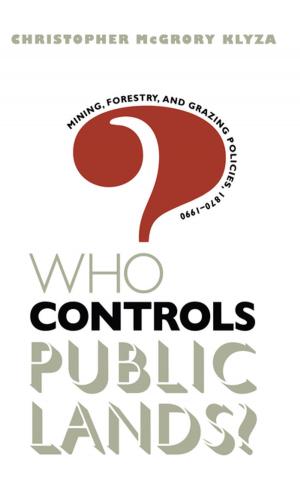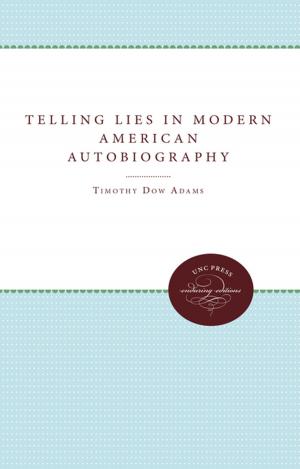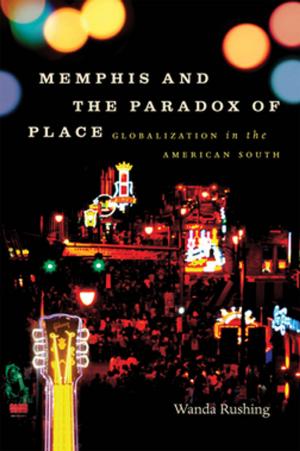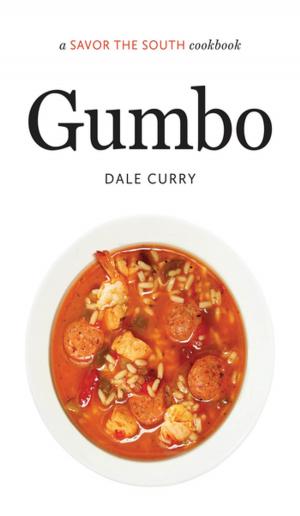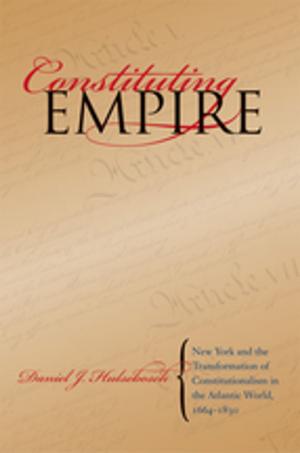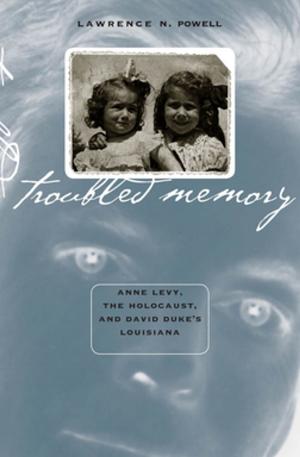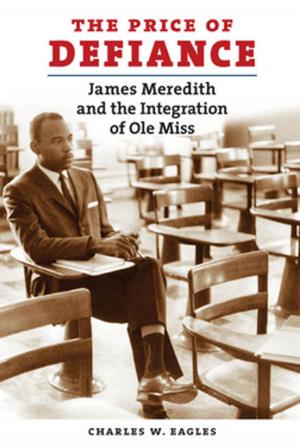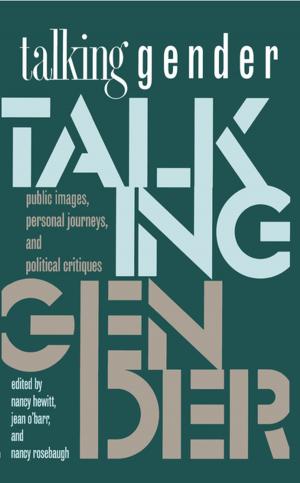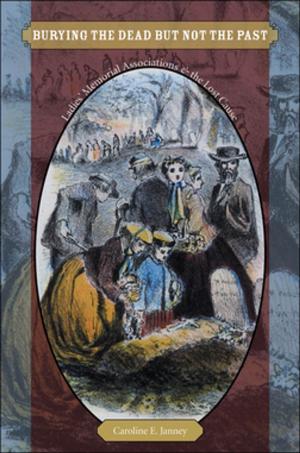Slavery and Politics in the Early American Republic
Nonfiction, Social & Cultural Studies, Social Science, Cultural Studies, African-American Studies, History, Americas, United States, 19th Century| Author: | Matthew Mason | ISBN: | 9780807876633 |
| Publisher: | The University of North Carolina Press | Publication: | January 5, 2009 |
| Imprint: | The University of North Carolina Press | Language: | English |
| Author: | Matthew Mason |
| ISBN: | 9780807876633 |
| Publisher: | The University of North Carolina Press |
| Publication: | January 5, 2009 |
| Imprint: | The University of North Carolina Press |
| Language: | English |
Giving close consideration to previously neglected debates, Matthew Mason challenges the common contention that slavery held little political significance in America until the Missouri Crisis of 1819. Mason demonstrates that slavery and politics were enmeshed in the creation of the nation, and in fact there was never a time between the Revolution and the Civil War in which slavery went uncontested.
The American Revolution set in motion the split between slave states and free states, but Mason explains that the divide took on greater importance in the early nineteenth century. He examines the partisan and geopolitical uses of slavery, the conflicts between free states and their slaveholding neighbors, and the political impact of African Americans across the country.
Offering a full picture of the politics of slavery in the crucial years of the early republic, Mason demonstrates that partisans and patriots, slave and free--and not just abolitionists and advocates of slavery--should be considered important players in the politics of slavery in the United States.
Giving close consideration to previously neglected debates, Matthew Mason challenges the common contention that slavery held little political significance in America until the Missouri Crisis of 1819. Mason demonstrates that slavery and politics were enmeshed in the creation of the nation, and in fact there was never a time between the Revolution and the Civil War in which slavery went uncontested.
The American Revolution set in motion the split between slave states and free states, but Mason explains that the divide took on greater importance in the early nineteenth century. He examines the partisan and geopolitical uses of slavery, the conflicts between free states and their slaveholding neighbors, and the political impact of African Americans across the country.
Offering a full picture of the politics of slavery in the crucial years of the early republic, Mason demonstrates that partisans and patriots, slave and free--and not just abolitionists and advocates of slavery--should be considered important players in the politics of slavery in the United States.

